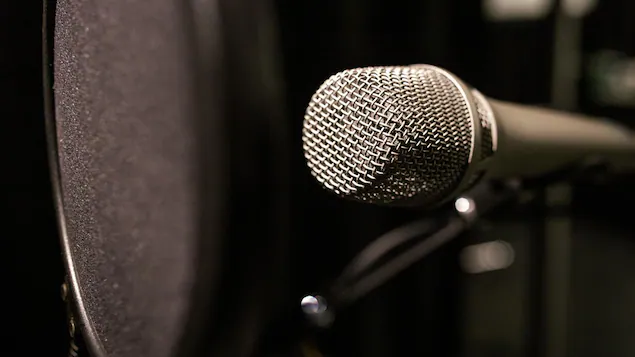Kijâtai-Alexandra Veillette-Cheezo is studying journalism at UQAM. She is a member of the Anishinaabe Nation and her family hails from the Lac-Simon community of Abitibe. She is involved in the cultural milieu in Montreal and in the 2SLGBTQI+ community, plus she has made short films using Wapikoni mobile.
A growing interest in indigenous facts
Now there is a return to the original cultures. After several generations of assimilation strategies within societies, healing is key.
There is also a growing interest in imparting lost knowledge and educating oneself on Aboriginal realities.
Evidence: I am currently writing to you in this forum.
It’s a very good thing. For a long time there has been this lack of awareness within the community on issues such as issues affecting indigenous peoples. When I talk about the facts that affect us, many people share their reactions with me.
All this is synonymous with hope. Indigenous knowledge is increasingly appreciated as we take up more and more space in the public space.
The most recent example is that of the Samian and the International Festival de la chanson de Granby. An Aboriginal voice spoke out about an issue and we listened to it. This also gives us the opportunity to question our different points of view and, above all, to sit down and talk to each other and listen to each other.
And all this is very important.
However, I would like to touch on another aspect of this new situation related to the fact that indigenous issues are popular. This great wave of requests from Aboriginal people for their expertise, their view can be too heavy for them and leave the impression that they are overwhelmed.
responsible awareness
When I make people aware of our realities, I must prepare myself mentally and physically. Because when we talk about a subject that touches us personally, it can require a great mental load, while evoking deep emotions.
Especially when we have to discuss our rights.
There is also the pressure of having to represent multiple people who share the same reality. We want our words to express the feelings of others as accurately as possible. Because even if we say that we express ourselves only through our own experiences, the fact remains that this same experience can be shared by many.
Indigenous facts affect us all. They should not be separated. I think more and more people are realizing that and that’s why there is so much interest in making our voices heard.
But each time, we do more than just talk. Personally, I give a part of myself when I make people aware of our realities. I give time and energy by putting myself in a vulnerable position.
But I understand the importance of expressing myself and the value of what I say.
So it is important to keep this in mind when approaching an Aboriginal person, whether for a conference, interview, collaboration, etc. As mentioned at the beginning of this column, many people in society decide to prioritize their well-being right now, and this isn’t the first time.
Calling for more human journalism
One of the things I noticed early on when going back to college and learning the ins and outs of journalism is the huge difference between people in their relationship to time.
It was kind of a culture shock actually.
In journalism, you have to be efficient and report information quickly and I fully understand this need.
This is the world we live in.
But for some, especially when dealing with more difficult and sensitive facts, it just takes a little longer. When I submit interview requests, I always keep in mind what this person may be going through and feeling.
Being a journalist also means showing empathy in order to connect with others and then report their reality as honestly as possible.
So, when someone doesn’t answer me right away, I wait.
And often, you answer me when you can.
I give a little reminder if I don’t receive any news and almost every time I have an answer.
whether it is positive or not.
My personal experience also influences my approach. I have experienced this more than the petition and it has become easier for me to respond when I have the space and time to do so.
I am also grateful when I am reminded of kindness.
We’re learning right now that in journalism you have to insist. I decided to take this advice my own way.
I want to find the human side in journalism. I want people to regain confidence in journalists.
So today I dare to dream and hope. I hope that the press will continue to serve the population and not the other way around.
I dream that together we can develop a more humane approach to journalism.
I salute the people who prioritize their health. Making such a decision takes a lot of will and courage.
It’s easiest to take when you have support from the community and you know it will be there when you get back.


